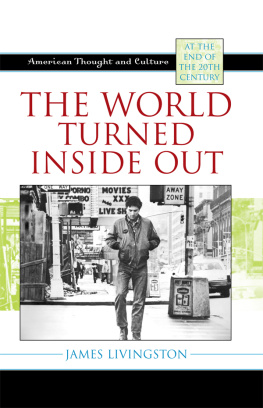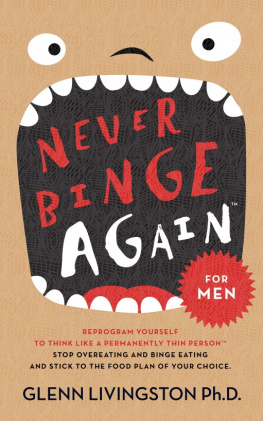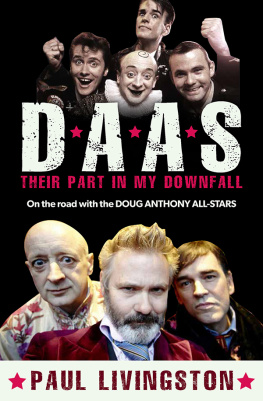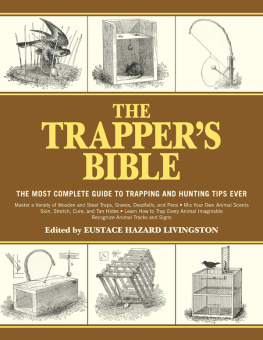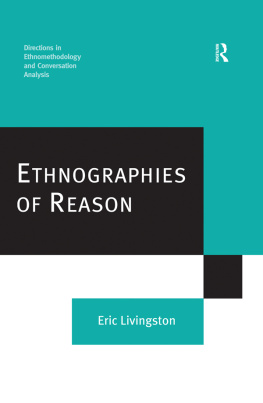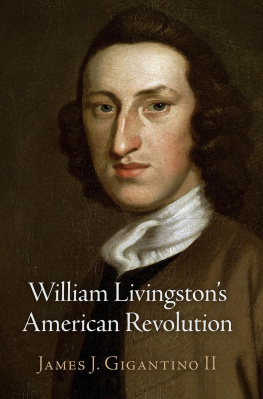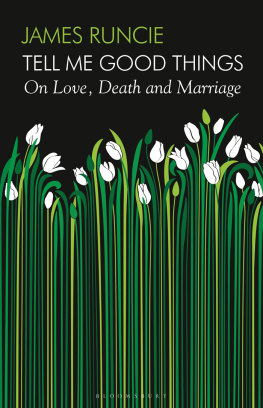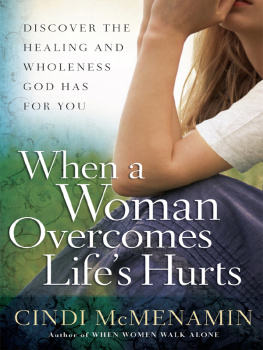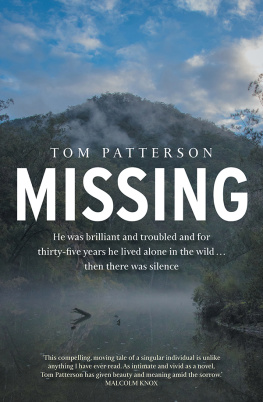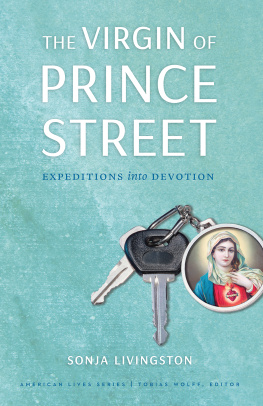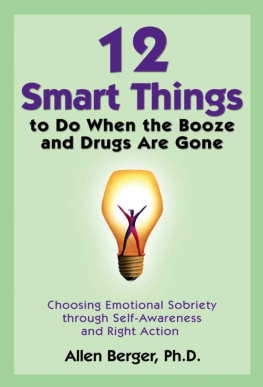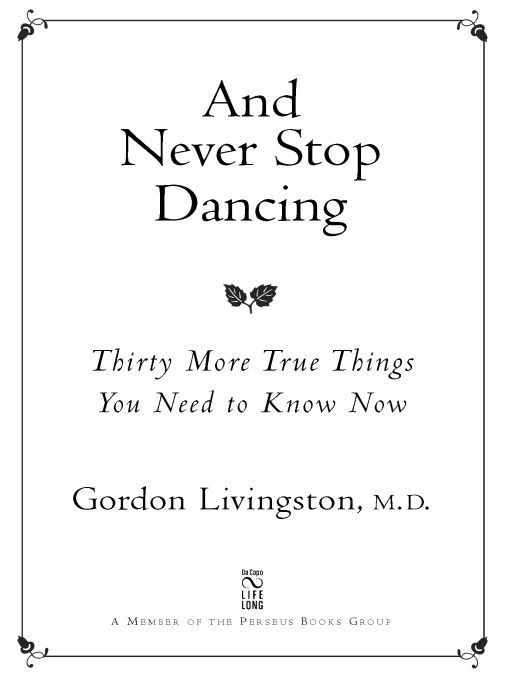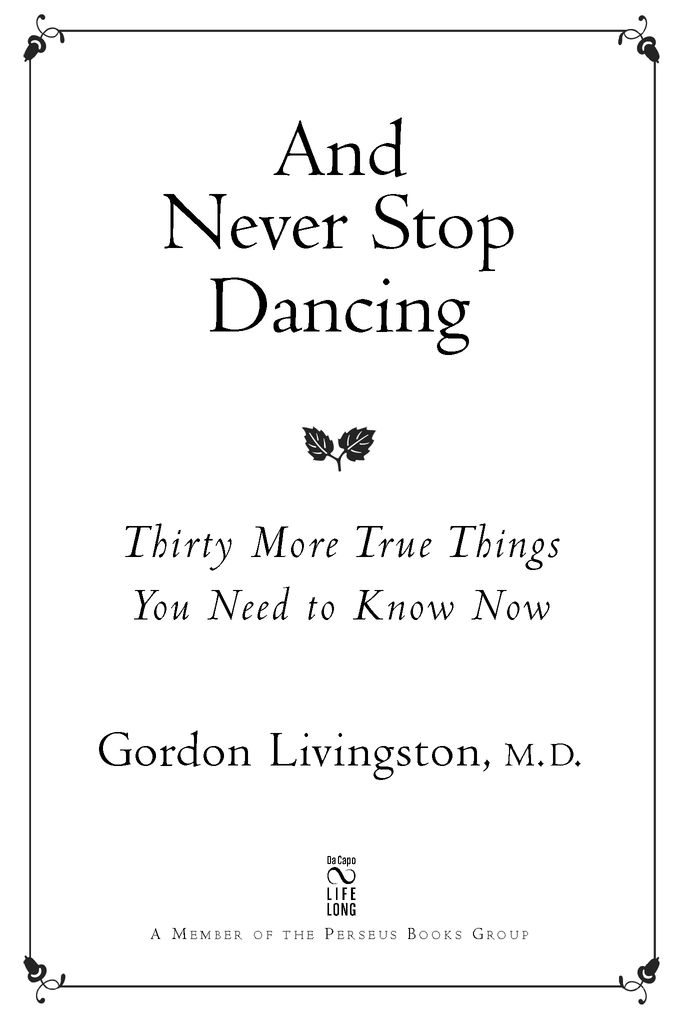Table of Contents
Acclaim for And Never Stop Dancing
Secrets for joyful living spill forth.
Mehmet Oz, M.D., professor and vice chairman of surgery, New York Presbyterian/Columbia Medical Center, and coauthor of YOU: The Owners Manual
[Livingston] tells his truth with a refreshing directness, evidencing a source that is from a life fully lived and whose lessons were hard fought and well deserved. Taking on the challenge and the joy of reading and discovery is our task, and the gains are well worth it.
Alan J. Comeau, Ph.D., Los Angeles Press-Telegram
So much wisdom, so many quotable aphorisms in such a compact book. Read it!
Rabbi Harold Kushner, author of When Bad Things Happen to Good People
This slender volume is full of wisdom and written with a generous spirit that will appeal even to those who dont usually read self-help books.Publishers Weekly
And Never Stop Dancing supplies informative... guidance through such commonly encountered issues as the paradox governing life, forgiveness as a gift to self, marriage as the destroyer of many good relationships, seeing oneself through the eyes of others, fear, growth in aging, and so much more. And Never Stop Dancing is very highly recommended, especially for those who have enjoyed and profited by Livingstons Too Soon Old, Too Late Smart.Midwest Book Review
Praise for Too Soon Old, Too Late Smart
[Gordon Livingston] gets reality, which is how things are, frequently not how we wish or hope they would be.... This is not, in any conventional sense, one of those kick-butt, get-real motivational guides from best-selling life coaches. Livingston is the sadder but wiser man. He is more Job than Dr. Phil, painfully aware of lifes losses and limitations, trying to spare you a little hurt. He thinks in paragraphs, not in sound bites.
Roxanne Roberts, Washington Post
Livingstons words feel true, and his wisdom hard-earned. Among the many blithe and hollow self-help books available everywhere, this book stands out as a jewel.
Publishers Weekly, starred review
Gordon Livingston has been through many kinds of hell and come back with wisdom and kindness that are to be revered. To read him is to trust him and to learn, for his life has been touched by fire, and his motives are absolutely pure.
Mark Helprin, author of A Soldier of the Great War and Winters Tale
About the Author
GORDON LIVINGSTON, M.D., a graduate of West Point and the Johns Hopkins School of Medicine, has been a physician since 1967. He is a psychiatrist and writer who contributes frequently to the Washington Post, the San Francisco Chronicle, the Baltimore Sun, and Readers Digest. Awarded the Bronze Star for valor in Vietnam, he is also the author of Only Spring and Too Soon Old, Too Late Smart. He lives and works in Columbia, Maryland.
Visit www.gordonlivingston.com
Also by Gordon Livingston
Too Soon Old, Too Late Smart
Only Spring
For my children
Kirsten, Nina, Andrew, Michael, Emily, and Lucas
Though much is taken, much abides.
And grandchildren
Tatiana, Karl, and Felipe
Our gifts to the 21st century
After a bomb killed two dozen young people at a Tel Aviv disco a few years
ago, Israeli youth refused to be cowed. They resumed a robust nightlife.
Today, outside the scene of the bombing, beneath a stone memorial listing the
names of the dead, is a single inscription: LO NAFSEEK LIRKOD.
It means, We wont stop dancing.
Gene Weingarten, The Washington Post Magazine
Acknowledgments
Many peoples ideas are contained in this book. My failure to acknowledge them individually is not ingratitude; there are so many that I know that in doing so, I would inevitably omit someone whose thoughts I have borrowed.
But I must here pay tribute to my exceptional editor and publisher, Matthew Lore. For his friendship, unstinting support, sharp editorial eye, and willingness to believe in this book and its predecessors, I will always be grateful; few writers can have been so fortunate. And to my agent, the estimable Rafe Sagalyn, who in a time of great personal trial still managed to act on my behalf. I am also indebted to Jim Finefrock, editor of the Insight section of the San Francisco Chronicle, and to Richard Gross, op-ed page editor of the Baltimore Sun; both have generously allowed my voice to be heard on issues important to me. Thanks to my friend and colleague Tom Ferguson, who saw possibilities in my search for useful truths and was the first to encourage me to write them down. To my daughter Emily, herself a gifted writer, who offered crucial suggestions on the manuscript and continues to inspire me with her passion, values, and tolerance for all my mistakes as a parent. Finally, my wife, Clare, embodies everything that I admire and, after thirty-two years, surprises me daily with her willingness to share my life.
Paradox governs our lives.
In thirty-six years of listening to patients talk about their dreams and discontents, it has become apparent to me that most of us have a lot of difficulty figuring out what it means to be happy and how to achieve and sustain this desirable state.
One would think that, living in the most affluent society the world has ever seen at a time in which our material welfare is virtually guaranteed, where our natural enemies have been subdued and most of the infectious diseases that threatened human life contained, we might have the leisure to figure out ways of living and relating to each other that would produce sustained feelings of fulfillment and contentment. That this is not the case is what keeps people like me in business.
What, exactly, is our problem? What is it about the human condition that stands between us and the lives we desire?
As someone who works with his head and heart, I always admired those who work with their hands. I spent a lot of time on a farm when I was young and became adept at, among other things, converting dead trees into firewood. Some years ago, when I bought a house in the suburbs, I installed a woodstove and started scavenging for fuel. One day I passed a house with a dead oak tree in the front yard and stopped to ask the homeowner if I could take it down in exchange for the wood. He seemed happy for me to do so.
I dropped it into the street and over the course of a day converted it into a large stack of firewood. As I hauled the last of it away, the homeowner expressed his gratitude and told me that a tree company had wanted to charge him $500 for this service. I decided to go into business. I discovered that to become a licensed tree expert one had to take a written and practical exam. I showed up in my state capital on the appointed day and found myself in a room with a lot of young guys wearing flannel shirts and three-day beards. The written test was easy enough, but then we had to accompany an examiner on a stroll through the streets of town. He would point out a tree and we had to write down its species name on an answer sheet. It was the middle of winter, so while those who knew their trees better than I did wrote their answers down, I was on my hands and knees trying to scare up some recognizable leaves.


